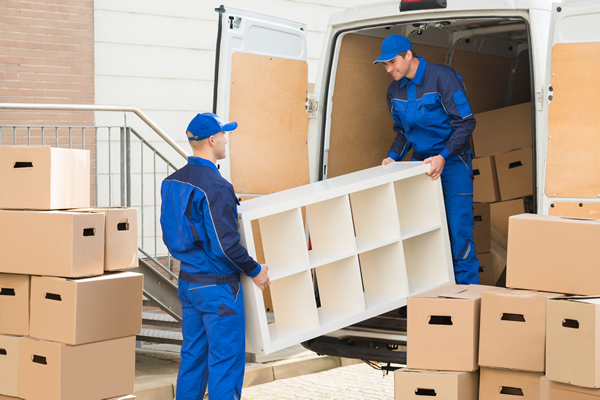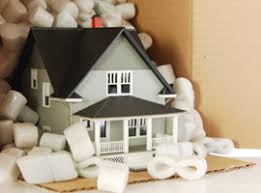De-cluttering before packing to Move
De-cluttering before packing is an important aspect of preparing to move - because it allows you to decide what you'll need for the new house, what you'll have room for, and what you won't.
The most important thing to remember when de-cluttering is that you'll be making room and getting rid of emotional baggage, whilst lowering your moving bills. An average four person house requires at least a seven tonne van to move, whilst a house that doesn't de-clutter might need twice that!
De-cluttering can be considered essential or heartless - but either way, moving house is one of the best times to do a proper de-clutter - in fact sometimes, its the only 'spring clean' that some people do. And while its always good to hang onto things of sentimental value, do you really need a newspaper from 1985 with an article about something that you needed to follow up within a week of the printing?
Get rid of any papers that you don't need (though keep all important documentation) - consider donating any magazines, books, old toys or clothes in good condition to a local charity - or sell them on Ebay or similar, to make some cash.
These donations and sales make mental and space sense - you're not wasting perfectly good items you will probably never use again, and you could sell the really good condition items in a variety of places. You could hold a yard sale, or garage or even a car boot sale - or if you have enough time, auction them online, either via a recognized site, or through your own website, if you have the know how - getting rid of the things you don't need is both very freeing and releasing, and can actually generate you some extra money for the move. You could even sell off surplus office, or craft supplies, if you have them spare, making your home office move leaner, and easier.






